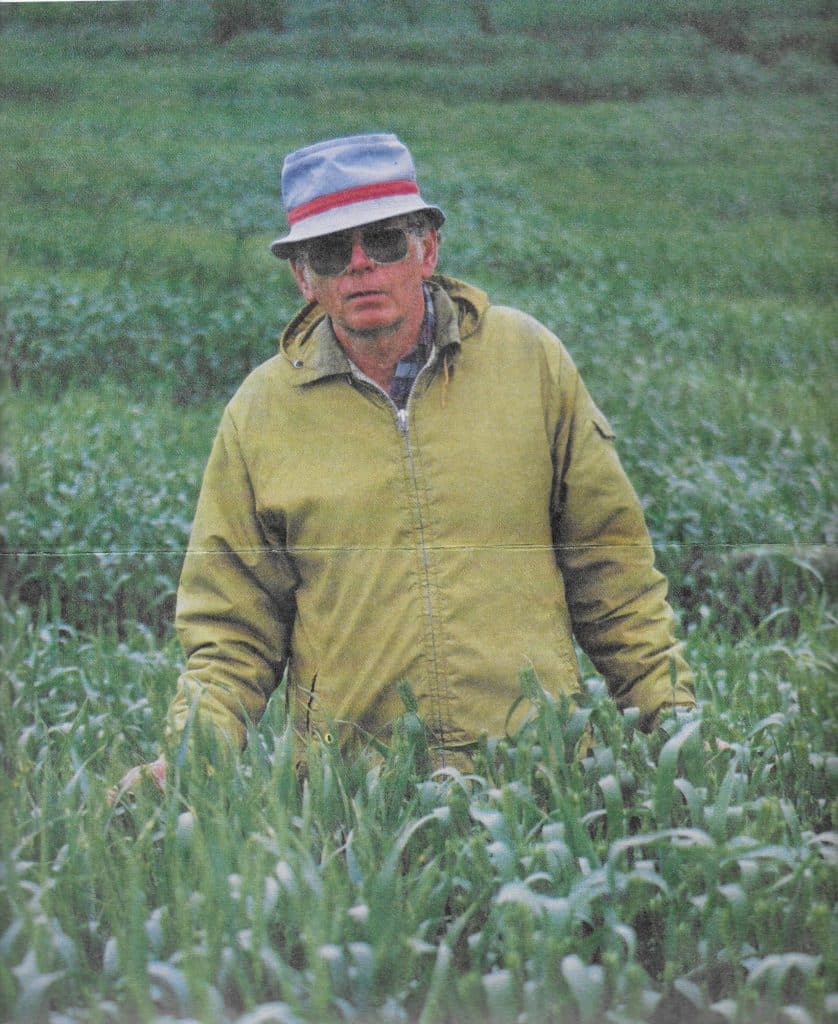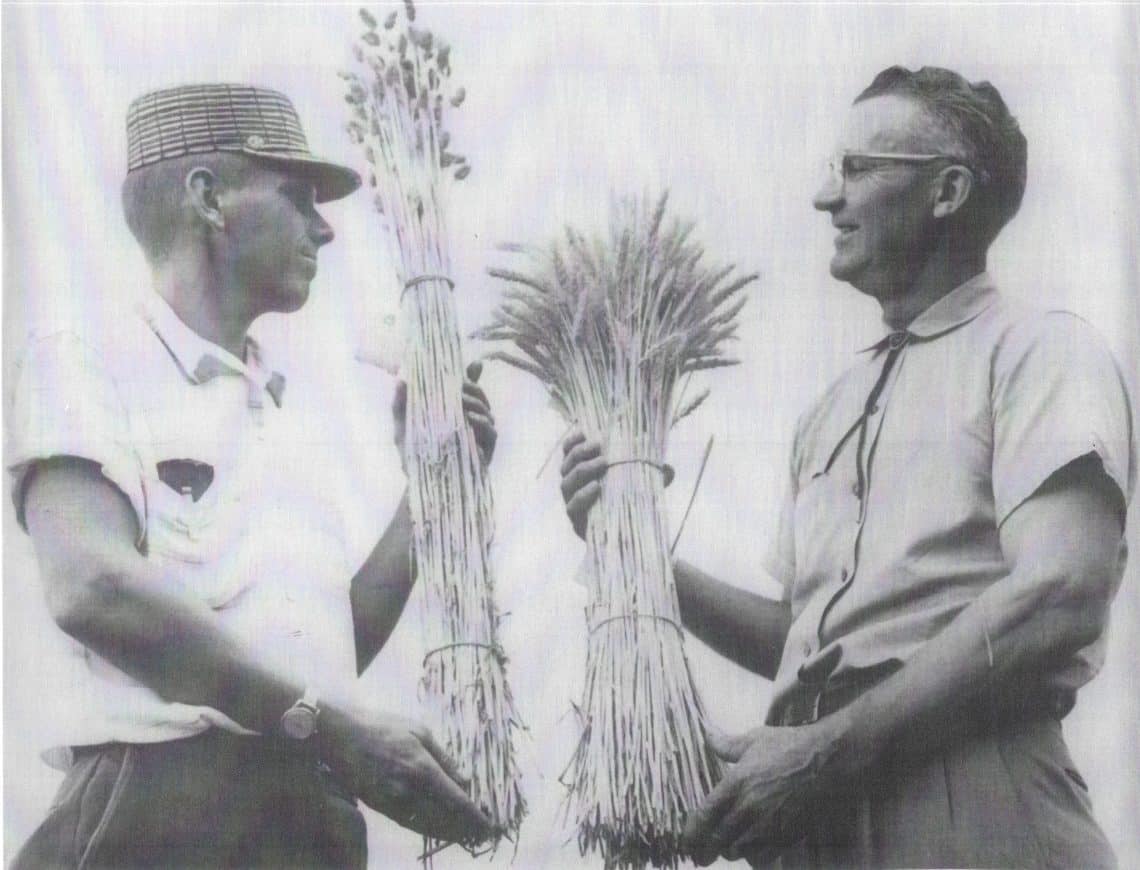
This award recognizes distinguished long-term service to the plant breeding discipline through research, teaching, outreach and leadership.
“The advances in plant improvement Dr. Allan has achieved in his lifetime are remarkable, both for their basic scientific impact and for their enormous and enduring positive impact on the wheat production and processing industries throughout the world,” wrote a colleague in his nomination of Allan.
Another plant breeding colleague commented: “Bob Allan is one of the most approachable and generous scientists I have had the privilege of interacting with. He has served as a leader, thoughtful listener, and advisor to the next generation of wheat geneticists and breeders.”
Among his many achievements in wheat improvement, Allan showed the inheritance of semi dwarf height in the wheat cultivar Norin 10 was controlled by two genes insensitive to gibberellic acid. These genes became the foundation of the Green Revolution in wheat.
With coworkers, he made one of the earliest reports of a molecular marker that facilitated selection for disease resistance, showing an isozyme locus was closely linked to the important Pch1 gene for resistance to eyespot foot rot. Allan bred nine wheat varieties, including Madsen, with resistance to eyespot foot rot that remained effective for 30 years. The need for chemical control of these diseases was greatly reduced, saving millions of dollars annually. He developed two multi-line varieties that gave durable economic resistance to stripe, including the cultivar Rely. His varieties have been grown on several million wheat acres from 1971 to present.
Allan has served the wheat industry in many additional capacities, working with many wheat industry committees, including many years as secretary for the National Wheat Improvement Committee.
In 1952, he earned his bachelor’s degree in agriculture from Iowa State College, and master’s degree and from Kansas State College in 1956 and 1958. He served as a wheat geneticist for USDA’s Agricultural Research Service in Pullman, Washington, from 1957 to 1996, working initially under the renowned wheat breeder Orville Vogel.
In 1972, he became research leader of his research unit in Pullman. He held adjunct professorships at Washington State University and the University of Idaho, where he advised 24 graduate students. Additionally, Allan coordinated the western regional wheat testing program from 1981-1996, authored or co-authored 152 publications, and developed and registered 155 genetic stocks.
Allan has been honored with a variety of professional awards, including: Distinguished Alumnus Award for Agricultural Research by Kansas State University in 1990, the USDA/ARS Technology Transfer Award in 1996, and the Genetics and Plant Breeding Award from the National Council of Commercial Plant Breeders in 1999. He is a fellow in both the American Society of Agronomy and the Crop Science Society of America. After retiring in 1996, he authored a book on club wheat history and improvements. He also released his last variety, Coda, and has continued to contribute to the development of several additional varieties. Although fully retired, Allan still experiments with wheat on his farm near Pullman.












